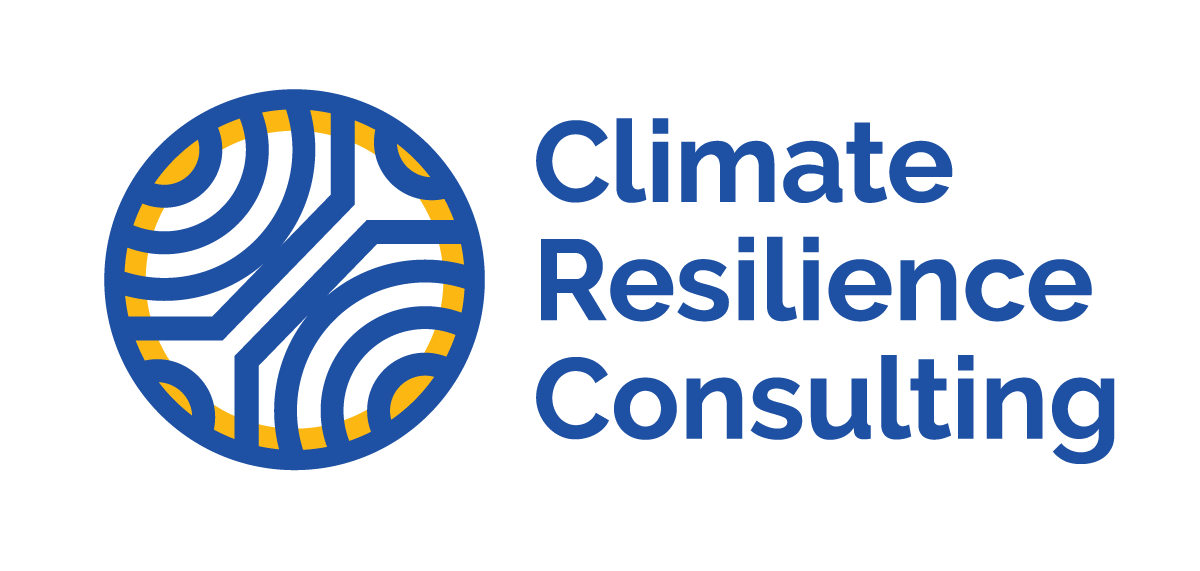If I were a corporate executive these days, I would keep a tip sheet on my Blackberry or carry a wallet-sized card titled, “What to Say to the Press When a Climate Crisis Affects My Business.” You might never need it, but given the trends I’m seeing in climate and beyond, the chances are growing that you might. Here are some of the elements my note would include, with grateful thanks to my colleague Harlan Loeb who craft Edelman’s Crisis and Issues Management practice:
Review
- Typically, a crisis worsens before it gets better unless I am prepared and act quickly to handle it.
- Part of my role requires providing appropriate and prompt communication so a crisis is resolved with minimal disruption to my operations, services and facilities, returning to business as usual with my reputation and profitability intact.
- My communication around a crisis offers an opportunity to demonstrate that my company is competent, effective and caring.
Crisis Communications to the Media
- The first concern is always human life.
- Only an incident that involves loss of life should be called a “tragedy.”
- During the first minutes after an accident, refer only to injuries. Do not report fatalities until an official has pronounced that there are fatalities.
- Stick to known facts. Avoid descriptive words such as “catastrophe” or “fireball.”
- Do not speculate about the cause of an accident.
- Do not leave the impression you have something to hide.
- Do not estimate damage in monetary terms.
- Never say “No Comment.” If I can’t provide an answer, explain why.
- If I don’t know an answer, say, “At this point, we don’t know.”
- Do not get specific about insurance. If pressed, say that we carry general insurance protection.
- Do not express opinions on comments from third parties.
- Do not release names of injured or dead until after family members have been notified.
- Pay attention to surroundings: Do not be interviewed in front of a locale or backdrop that leaves a negative impression.
- Use “The Company” and “We.”
- Always assume the microphone is live, the camera is rolling and everything is on the record.
When Pressed
The media likely will press me, especially if the crisis persists and updates are necessary. I need to remember these useful phrases for keeping control of the interview:
- “I should also point out”
- “The key issue here”
- “What’s really important”
- “I don’t have that specific information. What I can tell you is”
- “Remember”
- “For example”
- “Right now, our top priority is”
- “That’s not entirely right. The fact really is….”
I hope you never need this tip sheet, but it’s much lighter than an umbrella and could prevent your company from getting soaked by the media.
